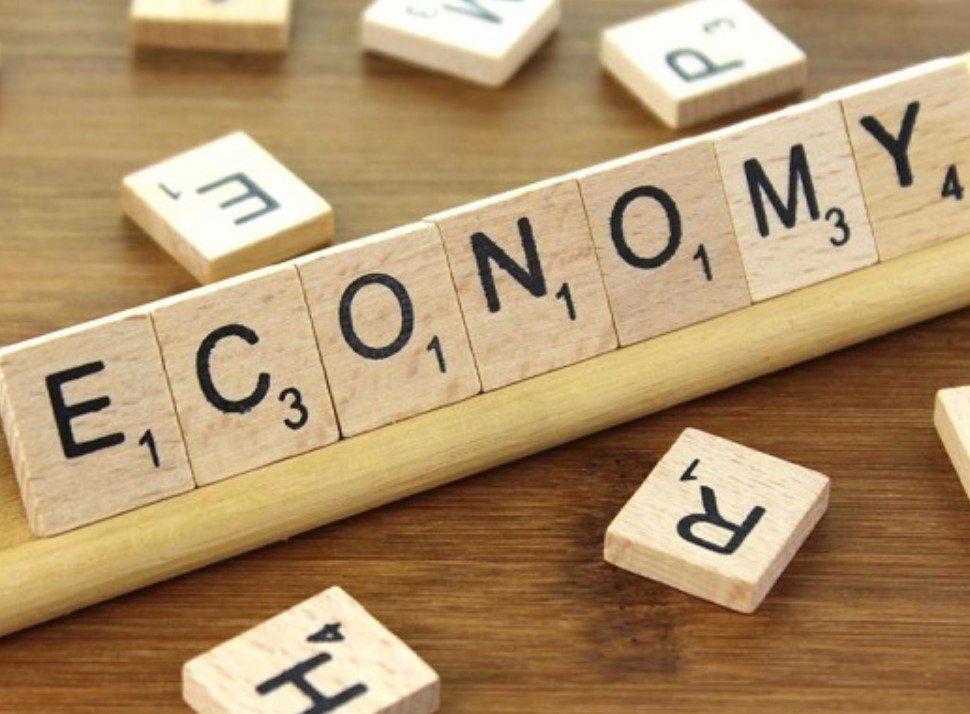Egypt’s non-oil private sector economy has shown signs of recovery, expanding in August for the first time in three years. The latest Purchasing Managers’ Index (PMI) report from S&P Global indicates that the headline PMI rose from 49.7 in July to 50.4 in August, crossing the neutral threshold of 50.0. This expansion marks a significant improvement in the health of the non-oil private sector, driven by increased output levels and renewed business optimism. Despite some challenges, the overall outlook for Egypt’s non-oil economy appears positive.

Signs of Economic Recovery
The rise in the PMI to 50.4 in August is a clear indicator of economic recovery in Egypt’s non-oil private sector. This is the first time since November 2020 that the sector has shown growth, reflecting improved business conditions and increased output levels. Companies have expanded their inventories and hired new workers, signaling confidence in future business activity. The renewed optimism is attributed to a recovery in demand and improved macroeconomic conditions.
The report highlights that four out of the five sub-components positively influenced the headline index in August. These include rises in output and stocks of purchases, which indicate that businesses are gearing up for increased production. Although new orders saw a slight decline, the overall demand recovery is evident. Companies are also benefiting from a more stable economic environment, which has helped to boost their confidence and investment plans.
Despite the positive trends, the report also notes some challenges. Rising price pressures have been identified as a potential risk, with August data signaling the fastest increase in costs and charges in five months. This could limit spending and weaken the market recovery if not managed effectively. However, the overall sentiment remains positive, with businesses expecting continued growth in the coming months.
Employment and Business Activity
The expansion of the non-oil private sector has had a positive impact on employment and business activity in Egypt. Companies have been hiring additional staff to meet the growing demand, leading to one of the highest rates of job creation in recent years. This increase in employment is a positive sign for the economy, as it indicates that businesses are confident in their growth prospects and are willing to invest in their workforce.
Business activity levels have also shown significant improvement, driven by increased output and a recovery in demand. The report highlights that companies have been expanding their inventories and purchasing more inputs to support their production activities. This is a clear indication that businesses are preparing for higher levels of activity in the future. The positive outlook for business activity is further supported by the rise in future output expectations, which have reached their highest level since mid-2022.
The report also notes that the competitive nature of the market has led companies to adopt strategies to stimulate sales and maintain demand strength. This includes reducing selling prices for the second consecutive month in August. Although the reduction in prices is slight, it highlights the proactive measures businesses are taking to navigate the competitive landscape and sustain growth.
Future Prospects and Challenges
Looking ahead, the future prospects for Egypt’s non-oil private sector appear promising, although challenges remain. The report projects continued growth in the sector, driven by improved business conditions and a recovery in demand. The government’s focus on enhancing the non-oil sector is evident in the increased investment and support for various industries, including manufacturing, tourism, and technology.
One of the main challenges facing the non-oil sector is the need to balance competitiveness with profitability. The pressure to reduce prices to stimulate sales highlights the delicate balance companies must maintain to ensure sustainable growth. Rising price pressures are another risk, as they have the potential to limit spending and weaken the market recovery. However, the overall sentiment remains positive, with businesses expecting continued growth in the coming months.
The report also emphasizes the importance of addressing the underlying issues that have affected the non-oil sector in recent years. These include economic shocks, currency fluctuations, and disruptions in key sectors such as the Suez Canal. The government’s efforts to restore macroeconomic stability and improve economic conditions have been instrumental in supporting the recovery of the non-oil sector. Continued focus on these areas will be crucial in ensuring sustained growth and resilience in the future.
